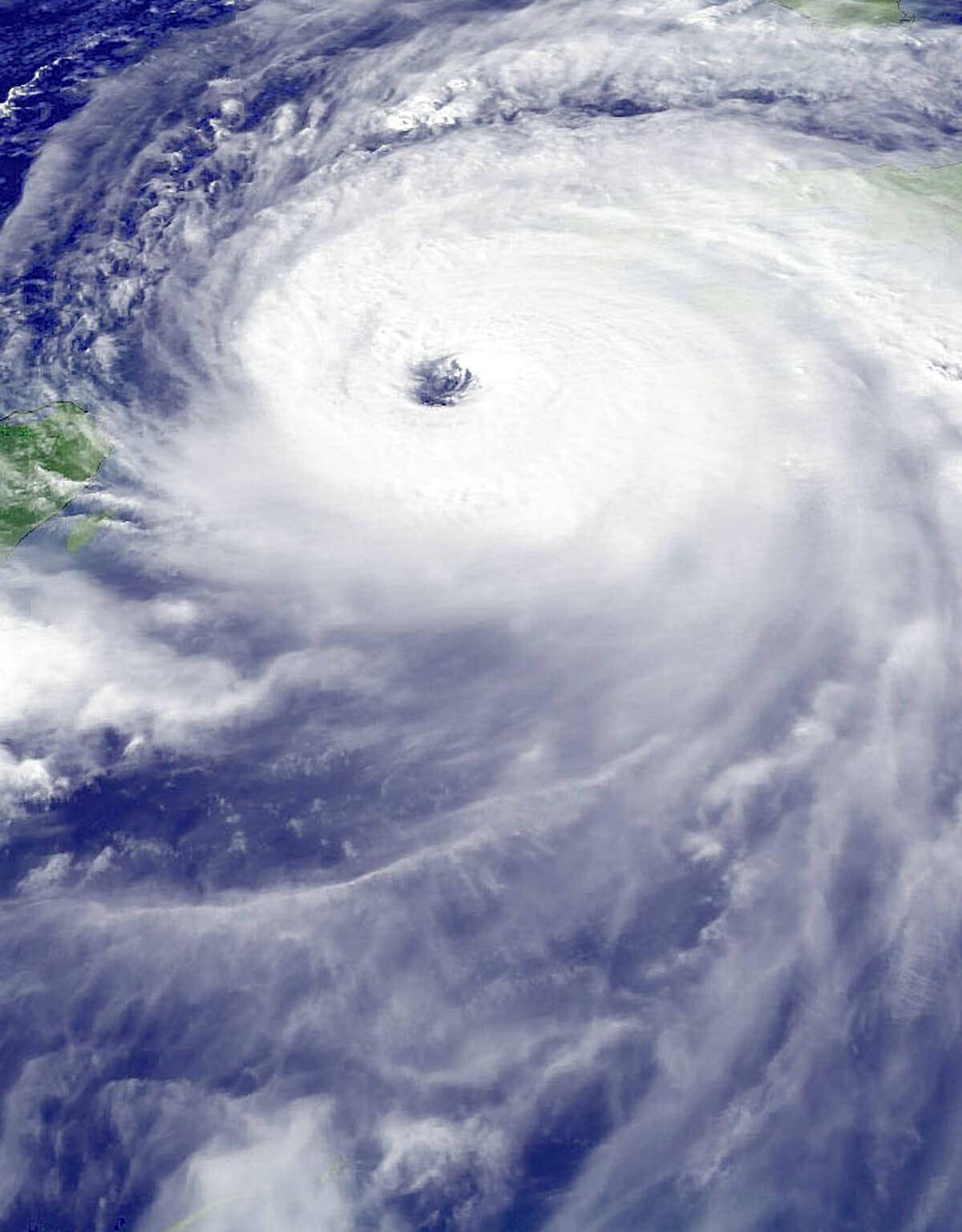When it comes to planning for emergencies, pet owners should consider their pets too.
They make us laugh. They are usually waiting for us when we get home from work and school. They give us unconditional love. They are often our best friends. And they depend on us for everything: food, water, healthcare. They are our pets and part of the family. Our pets also depend on us when emergency strikes.
Prepare ahead for your pet’s needs
When it comes to planning for emergencies, pet owners should consider their pets too. With some simple preparations now, you can make sure your pet will be protected, safe and healthy, during and after any emergency. In the middle of a disaster, or when you know one is imminent, you may not be able to prepare for the specific needs of your pet. Now is the time for pet preparedness planning, and here are some tips:
Stock at least a 1-week supply of food and fresh water on hand for your pet, as well as a 1-week supply of medication, if your pet takes medication.
Include copies of your pet’s vaccination records and other medical records in your pet preparedness kit. Include information about your pet’s insurance policy, if you have one.
Experts suggest that you also include photos of your pet to help others identify them in case you and your pet become separated.
Evacuating during a hurricane with pets
The No. 1 instruction for pet owners is to bring your pets with you when evacuating. Pets that help people with disabilities are allowed in General Population Shelters and Red Cross Shelters as long as they meet the requirements for service animals under federal law (visit this website for more information: ADA Requirements for Service Animals). However, only select emergency shelters accept regular pets (non-service animals), so finding a pet-friendly shelter may be difficult.
Contact your local emergency management agency for information about which emergency shelters allow pets. Try to call the shelter before you go, as some pet-friendly shelters may require advance notice. Your local humane society or veterinary hospital may also have information about where you can take your pets during an evacuation.
Instead of a shelter, you can also go to a pet-friendly hotel or motel. Have a list of pet-friendly lodging handy in case you need to evacuate quickly.
If you experience an emergency like a hurricane or flood, bring your pet indoors as soon as local authorities say a storm is coming. Stay indoors, preferably in a room with few or no windows, until you know it’s safe. Take your emergency kit and disaster supplies with you if you move from room to room.
If you need to evacuate your home, it is important to bring your pet with you. You can find out from your local emergency management agency which emergency shelters allow pets.
If you cannot take your pet when you evacuate and must leave them in your home, put a Rescue Alert Sticker on your door to let people know there is a pet inside.
Pet preparedness for large pets and smaller pets, like fish
Having larger and smaller pet during an emergency can pose additional challenges. While dogs and cats are relatively easy to transport and evacuate to a shelter, what do you do with your horse, or fish that are in an aquarium or pond?
If you have large animals such as horses, cattle, sheep, goats or pigs on your property, make sure they all have some form of identification. Map out primary and secondary evacuation routes in advance and identify the vehicles or trailers that would be needed for transporting and supporting each type of animal. If you need to evacuate with larger animals, make sure that your emergency destination has food and water, as well as access to veterinary care and handling equipment. If you need to evacuate and cannot take your larger animals, you will need to decide how and where to move them to shelter or if it’s better to turn them outside.
There are some basic guidelines for dealing with fish in aquariums or ponds during a power outage. Experts recommend you do not feed your fish during a power outage. Most fish can survive days or even weeks without food. During the winter, if you lose power, you can insulate your aquarium with something like a blanket or newspapers. An alternate power source, like a generator, can run the heater, pump, and filter. If you must move your fish, you can use a heavy-duty zip-top plastic bag and fill the bag with one-third water and two-thirds air. Alternatively, you can use a bucket, tub, or large jar. It is important that you NOT release your pet fish into local waterways. Introducing non-native fish species is harmful to local waterways. If you cannot keep your fish because of an impending emergency, experts recommend taking them to a pet store.
Helping your pet adjust after an emergency
You and your pet have made it through the emergency, but your pet doesn’t seem normal and is displaying unexpected behaviors. Well-behaved pets may become aggressive or defensive after a major disruption in their lives, and it may take several weeks for them to return to normal. Keep an eye on your pet and give him or her plenty of time to rest; however, if your pet remains extremely anxious or has other behavioral or health problems afterward, contact your veterinarian.











